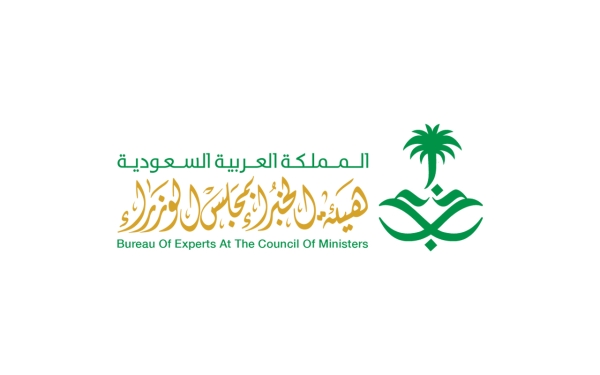

It is a law that includes a set of rules regulating foreign investment in the Kingdom of Saudi Arabia. It was enacted by the Saudi government on April 10, 2000, and amended in 2021. The law aims to encourage foreign investors to invest in the Kingdom by establishing regulations and controls specifically designed for them, in line with Saudi Vision 2030. The Kingdom seeks to become an attractive and stimulating investment destination. A dedicated ministry for investment has been established, with the responsibility of enabling investors to access investment opportunities and providing them with support and flexibility.
The Foreign Investment Law in the Kingdom regulates foreign investment in the country in terms of conditions, procedures, privileges, and guarantees. Foreign investment projects enjoy privileges, incentives, rights, immunities, and obligations imposed on foreign investors. The law also outlines penalties for violations, specifies the authority responsible for ruling on such violations, and includes provisions for dispute resolution and tax treatment.
The Foreign Investment Law in the Kingdom defines a foreign investor as a natural person who is not of Saudi nationality or a corporate person where not all of its partners are Saudi nationals. Foreign investment is defined as the investment of foreign capital in an activity licensed under this Law. Foreign capital includes, but is not limited to, the following assets and rights, provided they are owned by a foreign investor:
- Cash, securities, negotiable instruments, foreign investment profits if invested to increase capital, machinery, equipment, furnishings, spare parts, means of transportation, and production requirements related to the investment, as well as intangible rights such as licenses, intellectual property rights, technical know-how, administrative skills, and production techniques.
Related quizzes
Related articles

